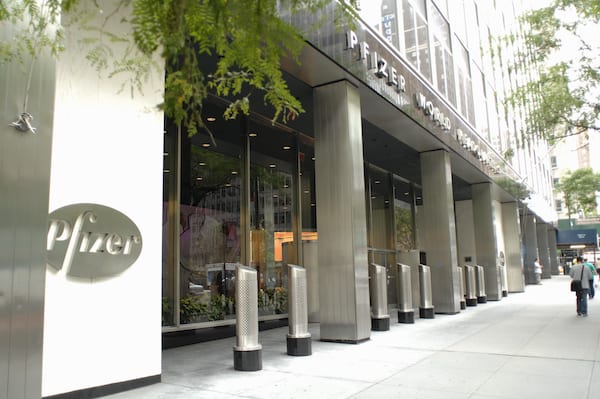
Pfizer’s investigational respiratory syncytial virus (RSV) vaccine candidate, RSVpreF or PF-06928316, was found to be effective in preventing severe infections in infants after being given to expectant mothers, an interim analysis from the phase 3 MATISSE trial has shown.
There is currently no US approved vaccine for RSV, a contagious virus characterised by several mild, cold-like symptoms. Although most people recover within a week or two, the virus can be dangerous, especially for infants and older adults.
In the US alone, RSV infections result in around 2.1 million outpatient visits and 58,000 hospitalisations each year among children younger than five years old. Worldwide, RSV results in the death of approximately 102,000 children annually.
If approved, Pfizer’s vaccine could be the first maternal vaccine available to relieve the burden of the disease in young infants.
The randomised, double-blind, placebo-controlled MATISSE trial met one of two primary endpoints of the study, demonstrating 81.8% efficacy in preventing severe medically attended lower respiratory tract illness in infants in the first 90 days of life, after being administered during the late second to third trimester of pregnancy.
The vaccine did not meet the study’s second main goal of preventing less severe respiratory illness, the company said.
In terms of safety, pre-planned reviews conducted at regular intervals throughout the trial indicate the vaccine is well-tolerated, with no safety concerns for both the vaccinated individual and their newborns.
Based on these positive results, the company stopped the trial early and said it is planning to submit a Biologics Licence Application to the US Food and Drug Administration by the end of 2022, followed by submissions to other regulatory authorities in the coming months.
“Every year we see high levels of RSV cases among babies in the US with some regions reporting hospital admission rates higher than normal this year,” said Eric Simões, clinical professor, Pediatrics-Infectious Diseases, University of Colorado School of Medicine and Children’s Hospital Colorado, Aurora.
“A maternal vaccine with high efficacy that can help protect infants from birth could substantially reduce the burden of severe RSV among newborns through six months of age, and, if approved by regulatory authorities, will likely have a significant impact on disease in the US and globally,” he explained.




